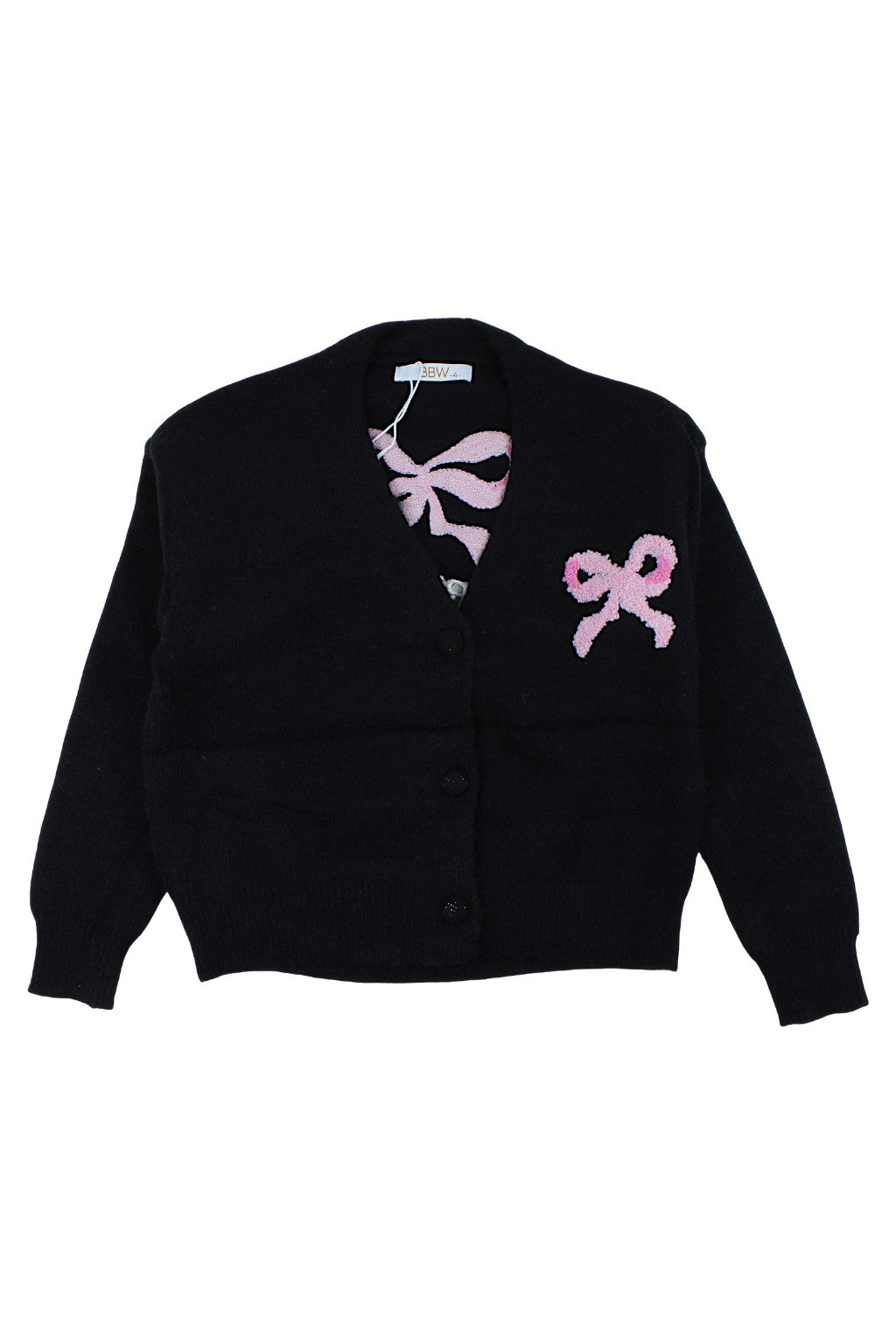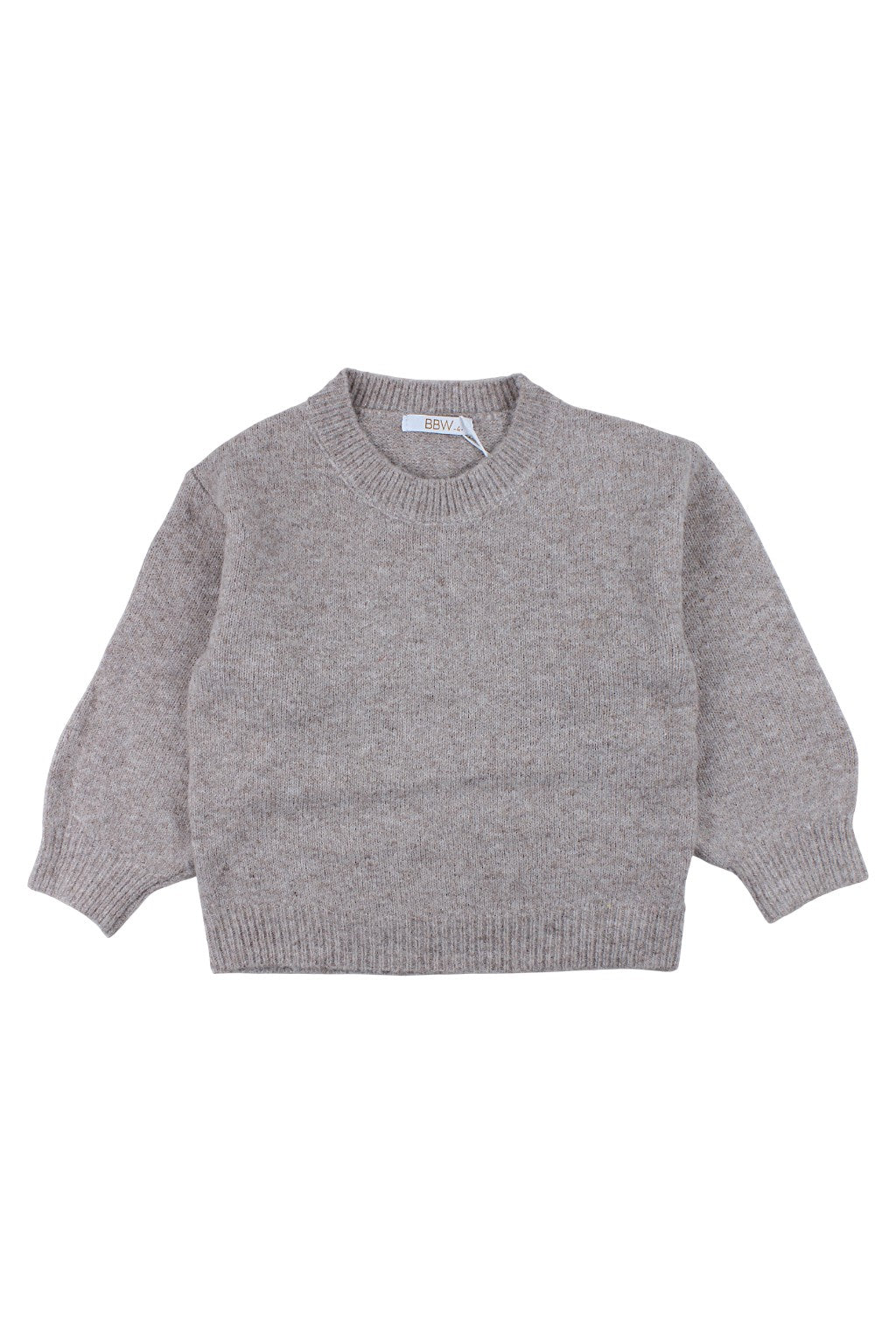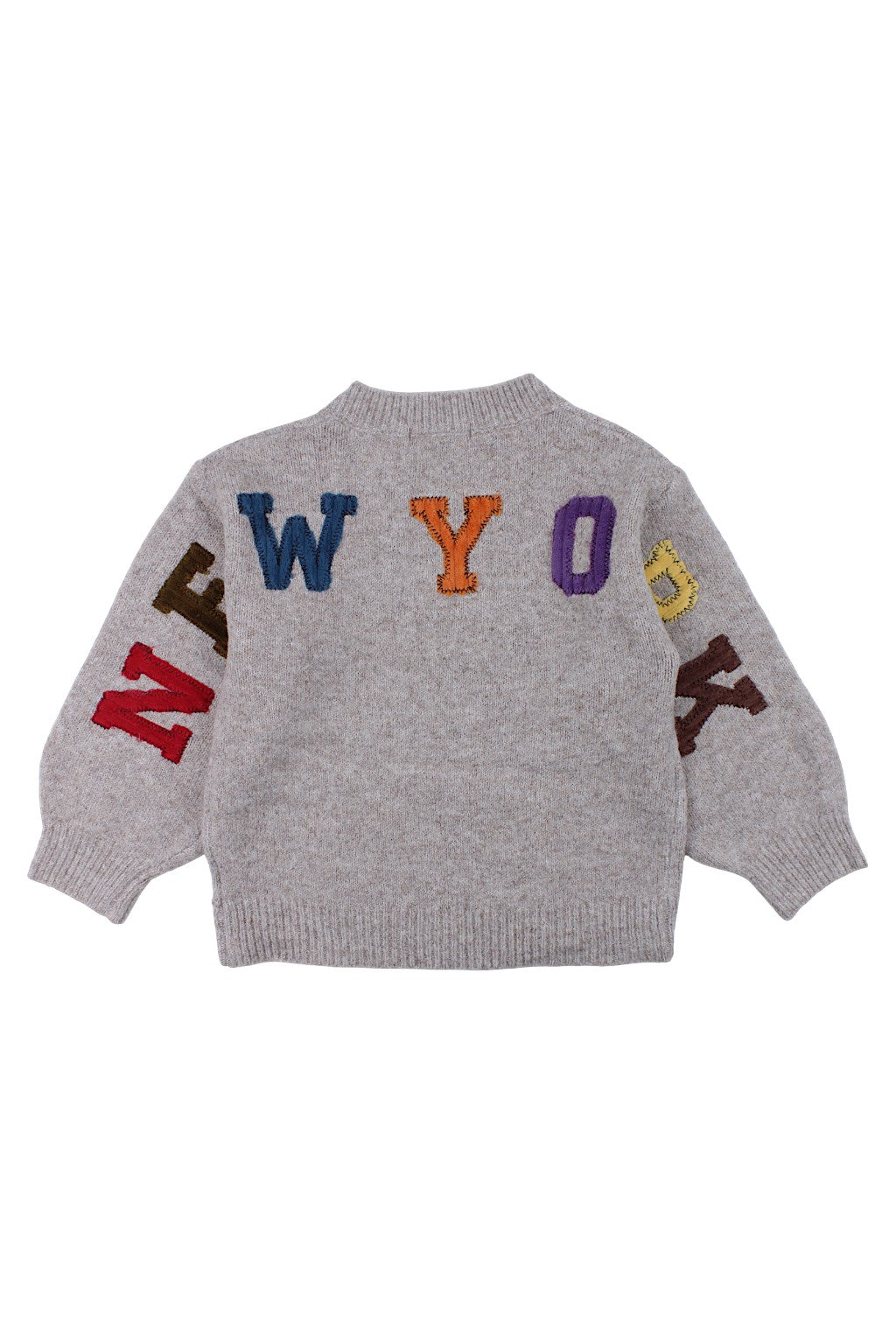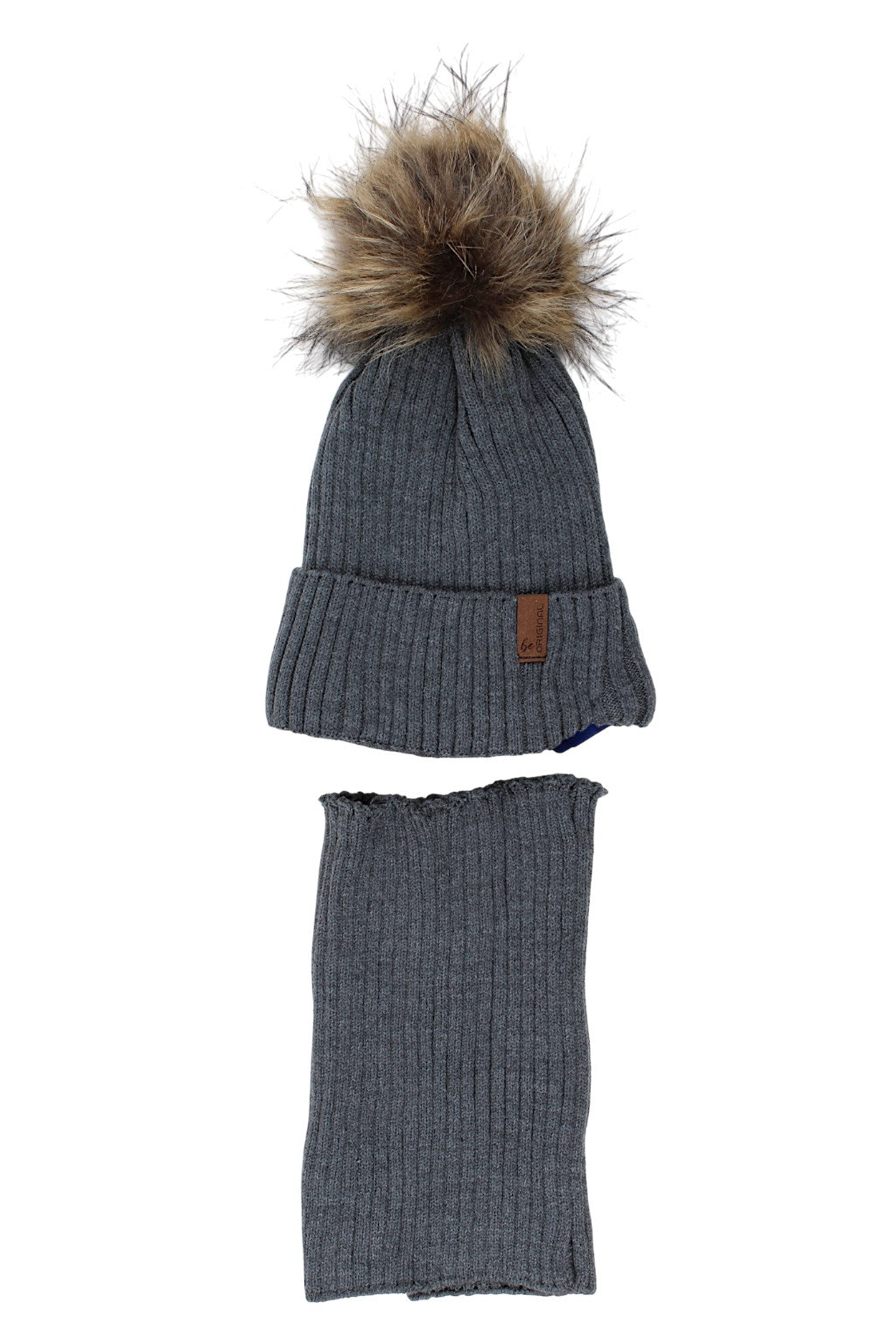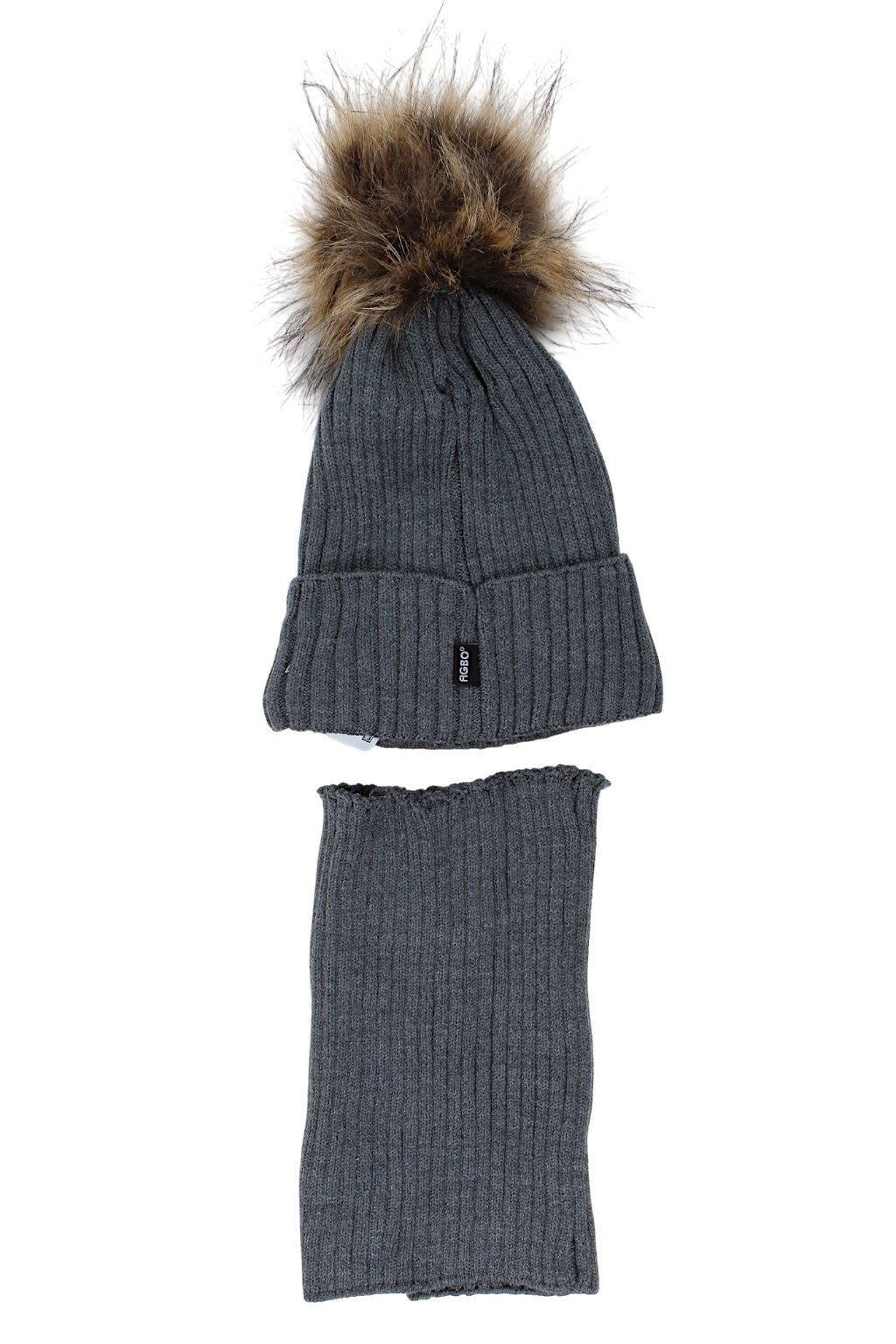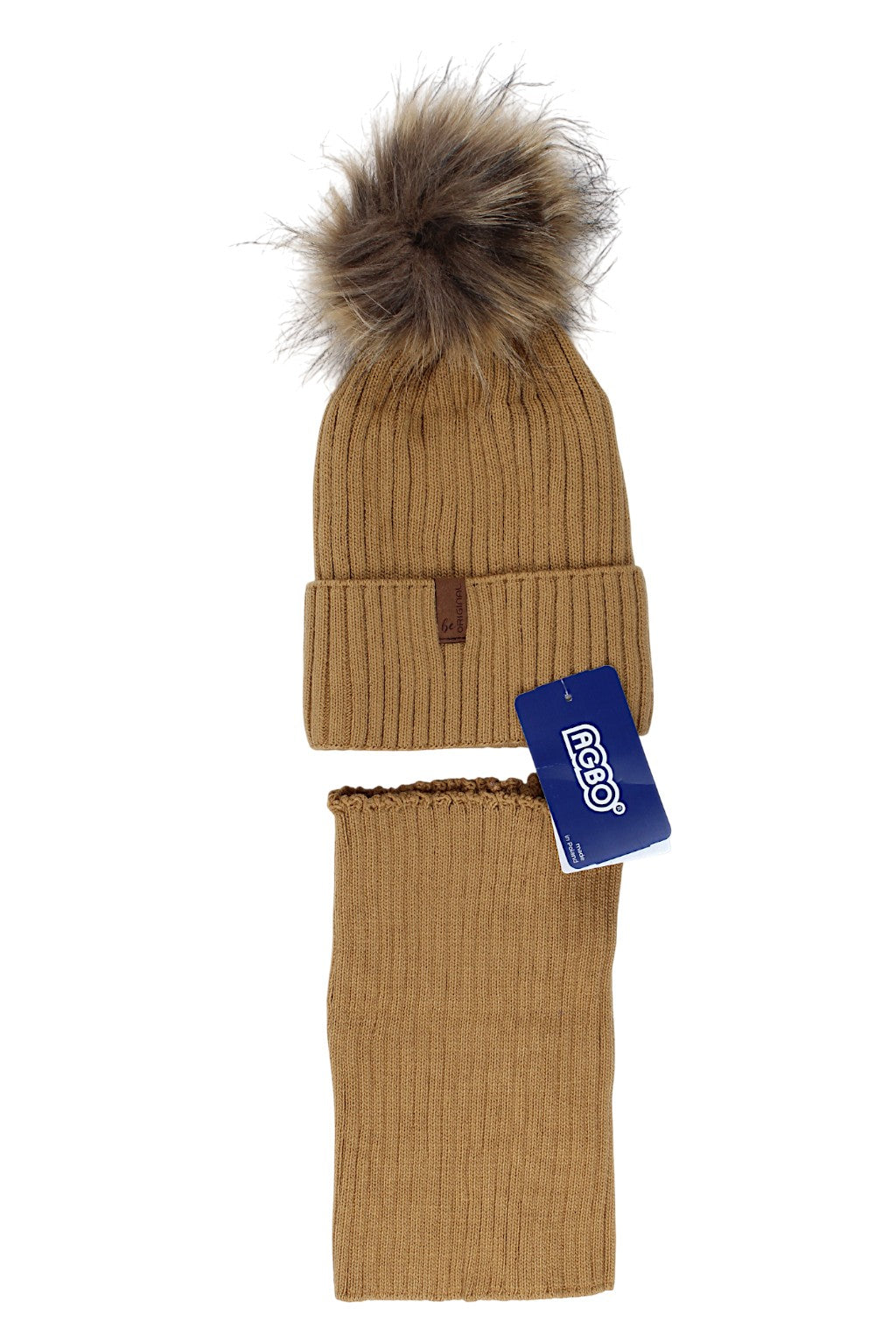What games help children learn coordination?
Learning coordination in children is a key aspect of their development, affecting motor skills, balance and the ability to perform precise actions. Children develop their coordination skills through various types of physical activities and games. In this article, we will present the best games that support the development of coordination and how to use them in everyday activities.
Why is learning coordination important?
✔ Helps in making precise movements of the arms and legs.
✔ Supports the development of balance and motor skills.
✔ Contributes to better body control and spatial awareness.
✔ Facilitates learning writing, drawing and other manual activities.
✔ Strengthens the ability to plan movements and respond to stimuli from the environment.
Games supporting the learning of coordination in children
1. Movement games
✔ Jumping rope – improves hand-leg coordination and rhythmicity of movements.
✔ Ball games (throwing, catching, kicking) – help to precisely control movements and train reflexes.
✔ Slalom runs between cones – support balance and spatial orientation.
✔ Hopscotch games – teach precise jumps and balance skills.
✔ Obstacle course – exercises different muscle groups and improves whole body coordination.
2. Arcade games
✔ Catching objects with tongs or tweezers – helps develop precise hand movements.
✔ Pouring seeds with a spoon – supports control over hand movements.
✔ Threading beads onto a string – develops precise gripping skills.
✔ Building towers of blocks – develops accuracy and patience.
✔ Playing checkers – teaches concentration and control of small movements.
3. Balance games
✔ Walking on a rope placed on the floor – improves body control.
✔ Standing on one leg – strengthens the leg muscles and helps maintain balance.
✔ Swings and balance boards – help develop body stabilization.
✔ Riding a bike or scooter – supports fluid movements and maintaining body control.
✔ Trampoline exercises – teach you how to control your own body and improve your motor coordination.
4. Games and fun with music
✔ Game "Go, stop" - children must stop at the right moment, which develops reflexes and the ability to concentrate.
✔ Dance with movement demonstration – teaches movement synchronization and rhythm.
✔ Musical chairs – practice quick reactions and fluidity of movements.
✔ Clapping to the rhythm – improves auditory-motor coordination.
✔ Movement games to music, e.g. "Head, shoulders, knees, heels" - teach reactions to changing commands and rhythm.
How to support the development of your child’s coordination on a daily basis?
✔ Encourage your child to engage in physical activity that involves different muscle groups.
✔ Include games that support coordination in everyday activities, e.g. cleaning together, cooking together.
✔ Create conditions for experimenting with different types of movement.
✔ Limit time spent in front of screens – excessive time on electronic devices can limit the development of motor skills.
✔ Choose toys and accessories that support learning coordination, e.g. balls, skipping ropes, obstacle courses.
Summary
Learning coordination is an extremely important element of a child's development, influencing their motor skills, dexterity and balance. Through movement games, dexterity games, balance exercises and musical games, you can effectively support the development of this skill. Regular physical activity and appropriate exercises help children improve coordination, which translates into their daily functioning and preparation for further developmental challenges.











